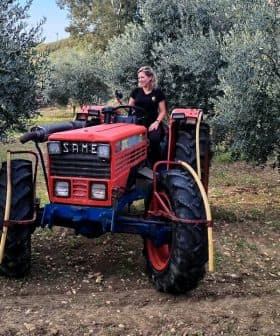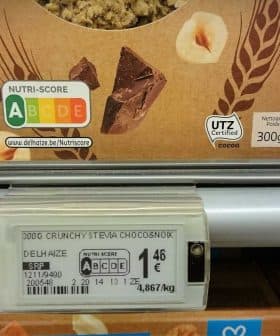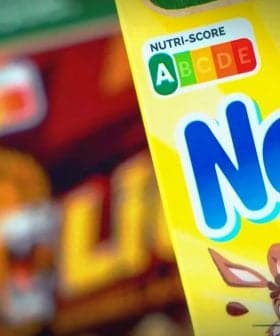Australian Olive Association Implements Quality Monitoring Program

The Australian Olive Association has launched a program to monitor the quality of extra virgin olive oils sold in Australia, aiming to ensure correct labeling and absence of defects for consumer confidence. The program will last three years, involving tastings, analysis of labeling, and checks on locally produced and imported oils from various outlets to maintain compliance with Australian standards.
The Australian Olive Association (AOA), the national body representing olive growers, has launched an olive oil quality monitoring program to scrutinize extra virgin olive oils sold in Australia.
The program aims to assure Australian consumers that products sold on the market are labeled correctly and free from defects. This program will last three years and involve sample tastings and analysis of product labeling.
With these controls in place in the market, consumers will be able to recognize the value of olive oil and continue to choose it.
“We run this program every few years just to check what the olive oil is, making sure it complies with Australian standards,” Michael Southan, the AOA chief executive, told Olive Oil Times.
“There is no specific issue today as we run the program,” he added. “The fact that it happens at a time when there is a global shortage of the product is just a coincidence. We ran a similar program in 2017.”
See Also:Trade Group Announces Olive Oil Quality Testing Initiative“We believe it’s very important that consumers have the utmost confidence that what they’re buying is as it says on the label and nothing else,” Southan continued.
Reassuring consumers is crucial when olive oil prices at origin have reached historic highs in the past four months, and families might be tempted to switch to other edible oils.
“With these controls in place in the market, consumers will be able to recognize the value of olive oil and continue to choose it,” Southan said.
According to the AOA, consumers’ primary concern is rising prices rather than quality.
“The main challenge for Australia could be the dwindling supply of imported olive oil due to the global shortage,” Southan said. “We typically expect at least half of our consumption to come from imports.”
With these supply and demand issues, olive oil prices have risen. “Consequently, people are becoming more inquisitive about what is happening with olive oil globally, hence their heightened interest,” Southan said.
“However, this project was initially conceived as being separate from any pressing issues we were aware of and even predates the initial stages of any increase in olive oil costs,” he added.
Australia is one of the largest olive oil-producing countries outside the Mediterranean basin, and domestic consumption has grown considerably over the past few decades.
According to the International Olive Council (IOC), Australian growers produce approximately 20,000 tons of olive oil annually.
Data from the IOC also indicates a notable increase in olive oil consumption, rising from 13,500 tons in the 1990/91 crop year to 44,000 tons two decades later. In 2023/24, the IOC forecasts total olive oil consumption to reach 53,000 tons.
See Also:Germany’s Consumer Watchdog Warns Olive Oil Quality Is FallingThe rising popularity of extra virgin olive oil and awareness of its health benefits have created opportunities throughout the olive product chain.
“Consumer awareness is continually growing,” Southan said. “Consider the chefs who increasingly advocate for the use of extra virgin olive oil. I believe that people are becoming more cognizant of the health advantages of extra virgin olive oils.”
He added, “It is becoming the preferred choice, as its health benefits are complemented by its outstanding flavor.”
AOA’s program will take samples from the entire supply chain, including locally produced and imported olive oils.
AOA will source samples from supermarkets, food distributors, wholesalers and small growers that sell through boutique retail outlets or farmers markets. Checks will also be run on those who sell online through their websites and countrywide.
“Our focus will be on verifying the quality of these oils and ensuring their compliance with labeling standards,” said Southan, referencing the stringent Australian labeling regulations prohibiting product content misrepresentation.
“This also applies to products that claim to meet Australian standards through certification,” he added. “We will verify that they indeed comply.”
Olive oil samples and labels from all states and territories in the country will be checked randomly by the program.
“Because the project spans three years, we’re not just looking at this year’s harvest or last year’s harvest; we’re looking at next year’s harvest and the year after,” Southan said. The objective is to monitor the supply system over the next few years. If we identify any issues, we plan to collaborate with producers or importers to rectify them.”
“We aim to cooperate closely with them,” he concluded. “That’s the reason we have been publicizing the program. If an issue is discovered, or if something has gone awry, it could be something the concerned company is unaware of.”









